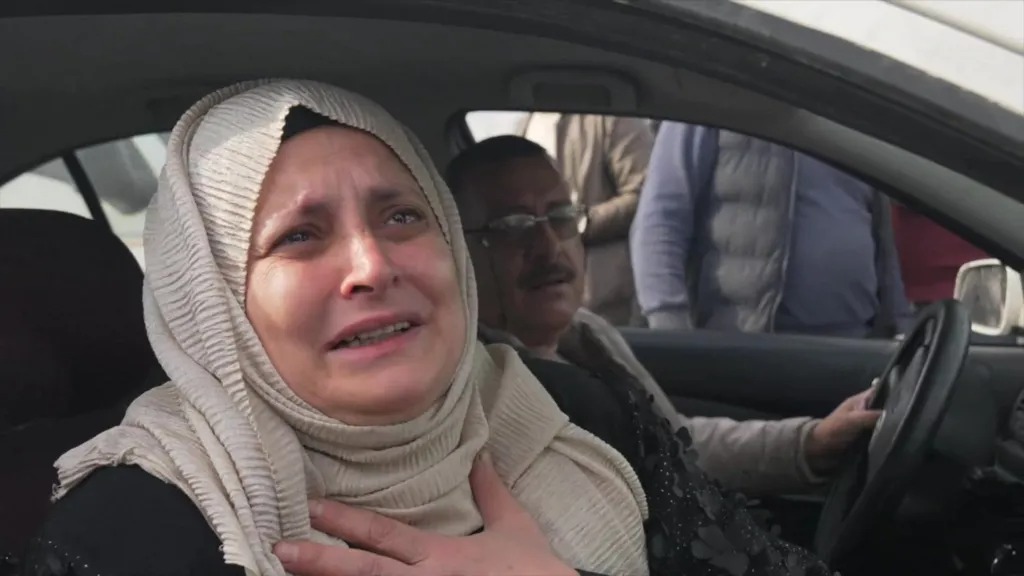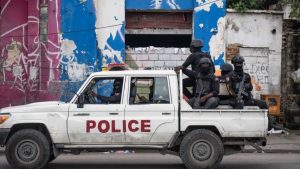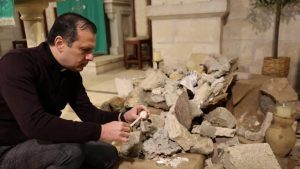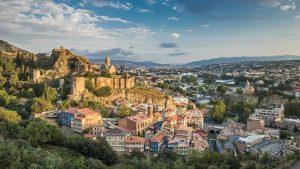
‘You Can Breathe’: Damascus After Assad’s Fall
For the first time in over five decades, the streets of Damascus are free of Assad’s rule. The fall of President Bashar al-Assad has sparked a mixture of joy, fear, and uncertainty among Syrians both inside and outside the country.
A Rush to Damascus
At Masnaa, the Lebanese-Syrian border crossing, Syrians flooded the area, eager to return to their homeland after years in exile. Among the chaos stood Hussein, a supporter of Assad, visibly shaken.
“We don’t know what will happen inside,” he said, tears streaming down his face. “If they don’t grant safe exit for us, there will be consequences.”
As we drove toward Damascus, the signs of an army in retreat were everywhere—abandoned tanks, discarded uniforms, and a road wide open to the capital.
Scenes of Celebration
Damascus was alive with a cacophony of celebration. In Umayyad Square, civilians cheered, waved peace signs, and fired shots into the air.
“The tyrant has fallen!” cried an elderly woman through her tears. She had lost family members under Assad’s regime, many of whom died in prison.
Elsewhere, a couple with four children shared their jubilation.
“We were in prison in 2014, and now we’re out. We’re ready to build the greatest Syria,” the man declared, calling on exiled Syrians to return.
The Price of Freedom
Despite the euphoria, the absence of governance has bred insecurity. Assad’s once-luxurious residence in Damascus has been stripped bare, now a tourist attraction and a target for looters.
“The rebels brought freedom, but not security,” remarked one observer, as nearby buildings were raided for valuables.
Residents like Alaa Dadouch are torn between relief and apprehension.
“Two days ago, I couldn’t say Assad was selfish without risking my life,” he said. “Now, I can breathe, walk around, and speak my mind. But the transition has to happen correctly. Without leadership, chaos fills the void.”
Hope Amid Uncertainty
Damascus is a city at a crossroads. After 13 years of civil war and decades of dictatorship, Syrians are cautiously optimistic.
“We’ve been living under false hope,” said Alaa. “This is change, and I hope it’s good change.”
As the dust settles, the city oscillates between joy and fear—an enduring symbol of a nation’s struggle for peace and freedom.
Internal Link: Explore stories of resilience during Syria’s civil war
External Link: Read more about Syria’s political transition on Al Jazeera




